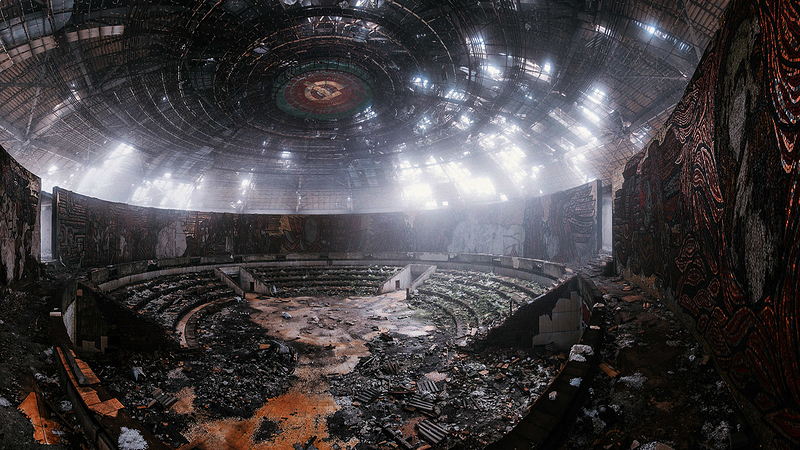In Eurozine, historian Niall Chithelen examines shifting conceptions of the East-West geopolitical divide from the collapse of the Berlin Wall to today. Since that historical rupture, what exactly constitutes “the West” has become diffuse and contested, with a authoritarian figure like Viktor Orbán claiming that Hungary is “the last country in Latin – or Western – Christianity.” Chithelen suggests that while the traditional East-West divide in Europe is dissolving, a new and alarming one is emerging: the East-West divide between the US and China. Check out an excerpt from the piece below.
While this European East-West divide is being phased out, another might take its place. Indeed, if there is a divide emerging today, it is between the United States and China. Interestingly, though, not all those who encourage a rivalry between the US and China are also interested in proclaiming a divide.
There is little question that a geopolitical rivalry exists between the US and China. In order to evaluate the existence of a divide , however, in the sense of the East-West divide, we need to know whether China seeks to create bridges. This is an active question. In Europe, scholars and journalists are trying to discern whether China is merely encouraging eastern Europe to distance itself from the EU and align itself more with Chinese interests, or if China aims to shape western European governments such that they look like those in eastern Europe and shape eastern European governments so they look more like the one in China. In the former case, China can be successful without changing more than the balance of power in Europe, thus serving as a more traditional rival. In the latter case, we could say there is a ‘divide’, as Chinese geopolitical aims require – or necessarily entail – political change in its rivals.
Image: The Buzludzha monument in Bulgaria, built to commemorate the founding of the Bulgarian Communist Party, was abandoned after the fall of the iron curtain. Via Eurozine.
